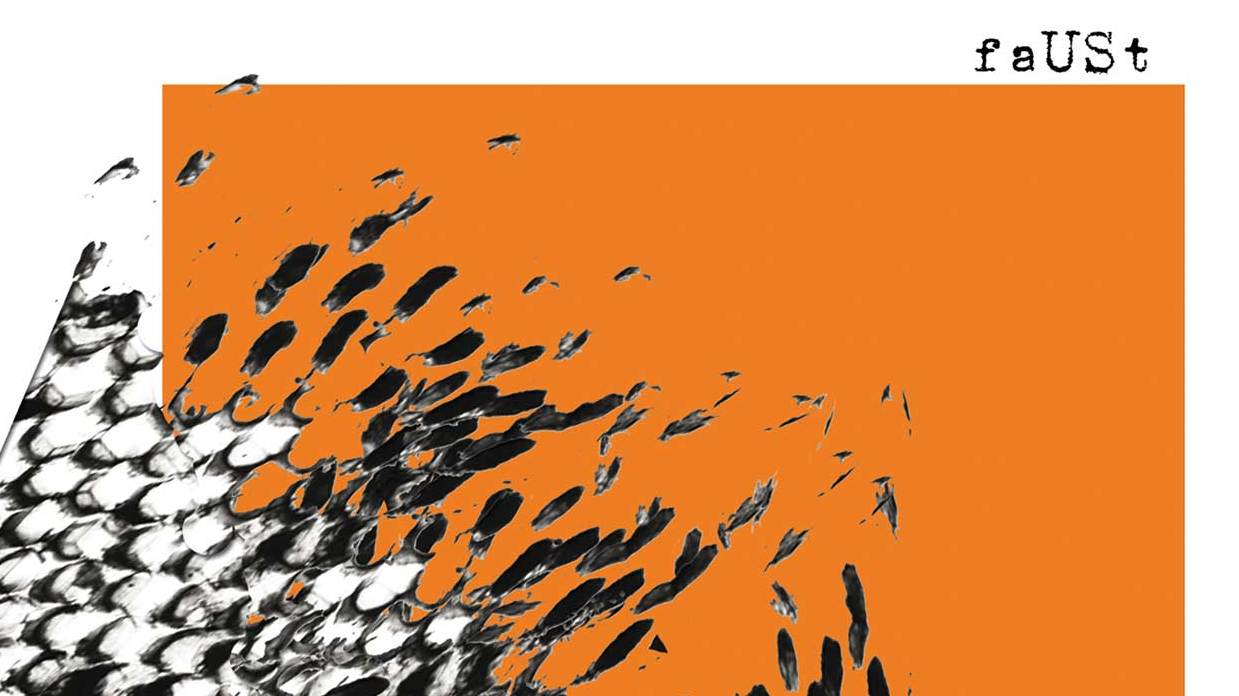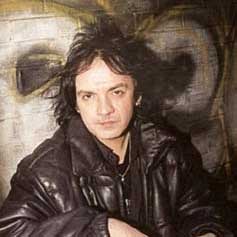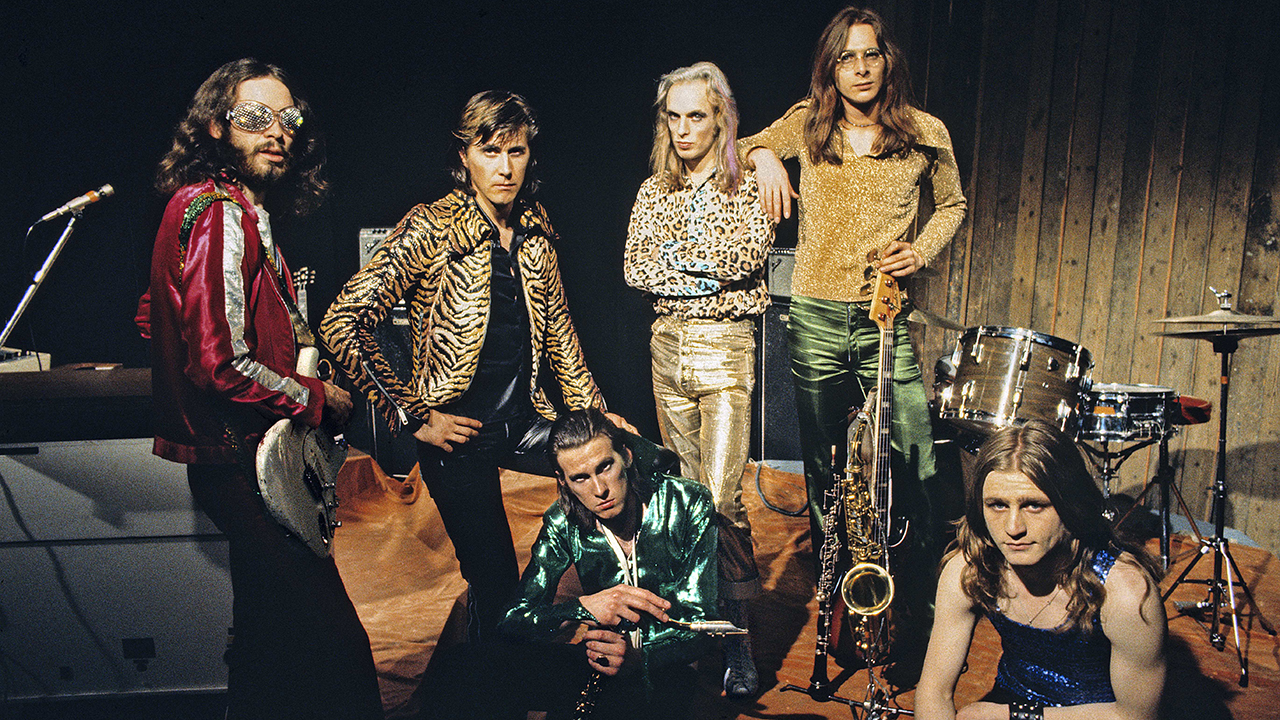You can trust Louder
While lolling on a bean bag at Virgin’s flagship Notting Hill store, the section marked ‘Krautrock’ seemed to embody the exotic new possibilities of the psychedelic rock being crafted in laboratories and castles all over Germany. When the first Faust album appeared on transparent wax branded with an X-rayed hand in 1971, it raised the bar for aural anarchy in music, igniting a fanbase that lapped up ’72’s all-black second album So Far, then swelled to thousands when Virgin’s new label signed them and released a collection of archival segments in 1973 for 48p.
Formed in rural Wumme by Werner ‘Zappi’ Diermaier, Jean-Herve Peron, Hans Joachim Irmler and cohorts, the original band split in 1975 after two more albums. Then, after years of obscurity, the core trio returned as Faust in the early 1990s. In 2005, while Irmler continued under the same name with another line-up, Diermaier and Peron formed a new Faust, most recently releasing 2014’s Just Us. This latest missive, created during the new outfit’s March-April 2016 US tour, shows astonishingly how little Faust’s basic sound and ethos has changed since that first album 46 years ago. Although lyrically reflecting the ever-changing world around them, in this case its disastrous ecological decline, there’s still that air of unpredictable mischief and unfettered chaos likely to erupt any moment, along with an undimmed single-mindedness when it comes to that relentless motorik groove.
An air of unpredictable mischief and chaos that’s likely to erupt any moment.
The 17-minute title track starts the work with a poem by a French schoolfriend of Heron’s recited in Polish over Ysanne Spevack’s Third Ear Band viola reflections before abrasive guitar and Zappi’s metronomic drums steer the rising maelstrom to a surging peak, over which Peron rants and bellows the title like a man possessed. Anarchic mood established, the set meanders through field recordings and guitar-lathered psychedelia before Chlorophyl sees Zappi’s hoodoo rumble overlaid by braying saxophone, Barbara Manning’s animated spoken-sung declarations and Die Krupps’ Jurgen Engler’s overdubbed electronics.
By the heads-down motorik of Lights Flicker (like vintage Can with Manning intoning and castrated wildebeest sax) and Heron testifying at the waters’ edge on Fish, it’s dawned that Faust’s wild spirit remains untamed as ever and, with the plight of our beleaguered planet now providing a major impetus, they have embarked on a new lease of life devoted to making most other bands sound puny and obedient; just like they were doing in the early 1970s.
Sign up below to get the latest from Prog, plus exclusive special offers, direct to your inbox!
Kris Needs is a British journalist and author, known for writings on music from the 1970s onwards. Previously secretary of the Mott The Hoople fan club, he became editor of ZigZag in 1977 and has written biographies of stars including Primal Scream, Joe Strummer and Keith Richards. He's also written for MOJO, Record Collector, Classic Rock, Prog, Electronic Sound, Vive Le Rock and Shindig!


